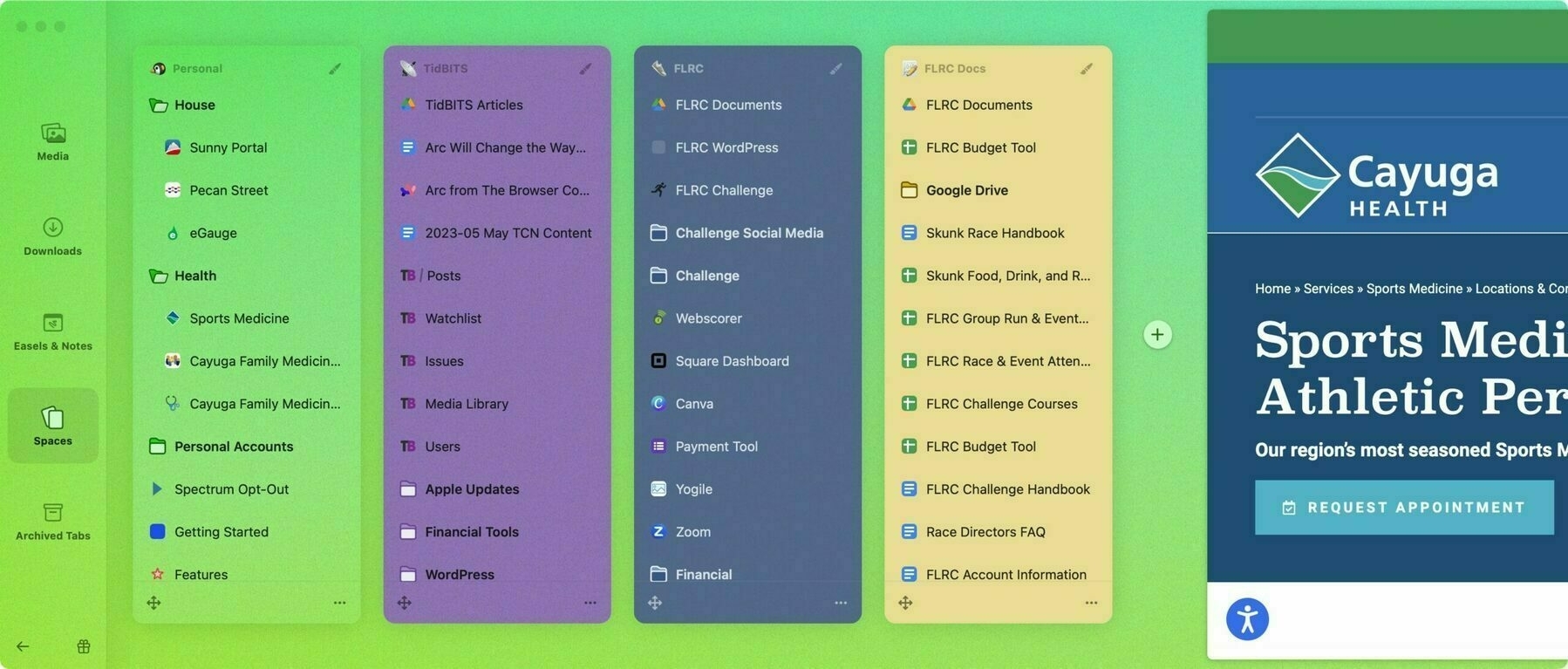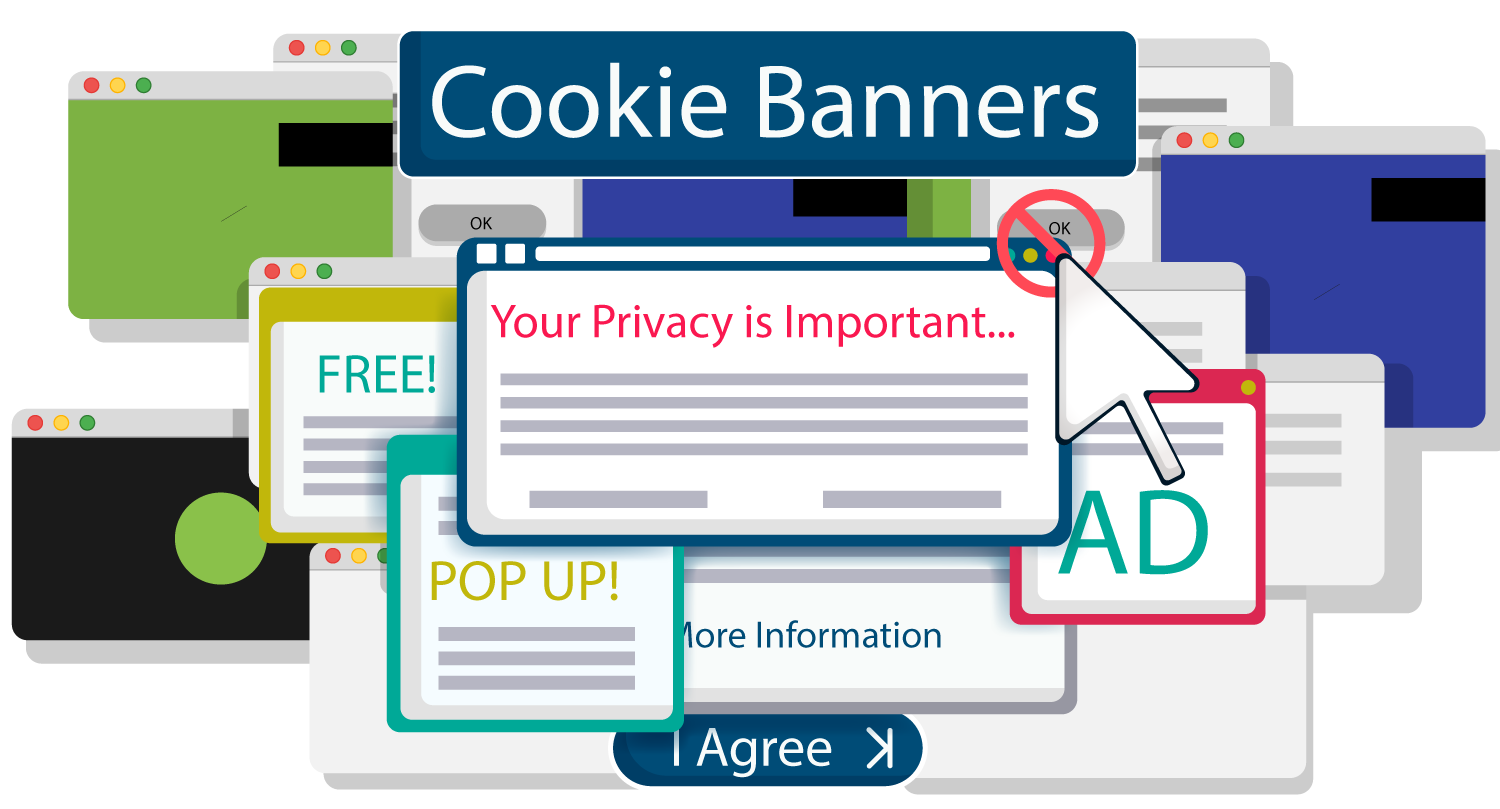- Build in 'Spaces' (for client projects, etc.)
- Split screen view
- Easel (clip *live* parts of web pages)
- Study shows some political beliefs are just historical accidents (Ars Technica) — "Obviously, these experiments aren’t exactly like the real world, where political leaders can try to steer their parties. Still, it’s another way to show that some political beliefs aren’t inviolable principles—some are likely just the result of a historical accident reinforced by a potent form of tribal peer pressure. And in the early days of an issue, people are particularly susceptible to tribal cues as they form an opinion."
- Please, My Digital Archive. It’s Very Sick. (Lapham's Quarterly) — "An archivist’s dream is immaculate preservation, documentation, accessibility, the chance for our shared history to speak to us once more in the present. But if the preservation of digital documents remains an unsolvable puzzle, ornery in ways that print materials often aren’t, what good will our archiving do should it become impossible to inhabit the world we attempt to preserve?"
- So You’re 35 and All Your Friends Have Already Shed Their Human Skins (McSweeney's) — "It’s a myth that once you hit 40 you can’t slowly and agonizingly mutate from a human being into a hideous, infernal arachnid whose gluttonous shrieks are hymns to the mad vampire-goddess Maggorthulax. You have time. There’s no biological clock ticking. The parasitic worms inside you exist outside of our space-time continuum."
- Investing in Your Ordinary Powers (Breaking Smart) — "The industrial world is set up to both encourage and coerce you to discover, as early as possible, what makes you special, double down on it, and build a distinguishable identity around it. Your specialness-based identity is in some ways your Industrial True Name. It is how the world picks you out from the crowd."
- Browser Fingerprinting: An Introduction and the Challenges Ahead (The Tor Project) — "This technique is so rooted in mechanisms that exist since the beginning of the web that it is very complex to get rid of it. It is one thing to remove differences between users as much as possible. It is a completely different one to remove device-specific information altogether."
- What is a Blockchain Phone? The HTC Exodus explained (giffgaff) — "HTC believes that in the future, your phone could hold your passport, driving license, wallet, and other important documents. It will only be unlockable by you which makes it more secure than paper documents."
- Debate rages in Austria over enshrining use of cash in the constitution (EURACTIV) — "Academic and author Erich Kirchler, a specialist in economic psychology, says in Austria and Germany, citizens are aware of the dangers of an overmighty state from their World War II experience."
- Cory Doctorow: DRM Broke Its Promise (Locus magazine) — "We gave up on owning things – property now being the exclusive purview of transhuman immortal colony organisms called corporations – and we were promised flexibility and bargains. We got price-gouging and brittleness."
- Five Books That Changed Me In One Summer (Warren Ellis) — "I must have been around 14. Rayleigh Library and the Oxfam shop a few doors down the high street from it, which someone was clearly using to pay things forward and warp younger minds."
Switching to Arc
It’s not often I’ll post tools here, but after a few days of using it, I’m sold on the Arc browser.
My web browser history over the last quarter of a century goes something like: Netscape Navigator –> Internet Explorer –> Firefox –> Chrome –> Brave –> Arc.
Perhaps I should record a screencast, but the three things I like most about Arc are:
Experience a calmer, more personal internet in this browser designed for you. Let go of the clicks, the clutter, the distractions.Source: Arc | The Browser Company
Arc browser is pretty nifty
I’m not going to gush as I’ve had it installed mere hours, but this article persuaded me to actually use the invite code I’d got for the Arc browser. First impressions were good enough for it to replace Brave as my default, for the time being, on my Mac Studio.
My colleague Laura always has tabs for client projects to hand, as she has a Firefox extension which separates tab groups. Arc does this quickly, seamlessly, and by default. Also, I used to have my tabs at the side of my browser and I’m not sure why or how I got out of the habit of doing so.
There are lots of other nice things about Arc which are mentioned in the review. It’s Chromium-based, so everything just works, including bringing across your bookmarks, saved passwords, and browsing history.
I realize calling Arc “the most transformative app I’ve used in decades” is a bold statement that requires a lot of support. I won’t skimp on words in this article telling you why—it’s that important and requires new ways of thinking about how you work on the Web.Source: Arc Will Change the Way You Work on the Web | TidBITS[…]
If the sidebar is Arc’s most prominent interface element, Spaces is the feature that leverages it more than anything else in Arc. A Space is a collection of tabs in the sidebar. It’s easy to switch between them using keyboard shortcuts (Control-1, Control-2, etc., or Command-Option-Left/Right Arrow) or by clicking little icons at the bottom of the sidebar.
You can assign each Space a color, providing an instant visual clue for what Space you’re in. For me, Personal is a green/yellow/teal gradient, TidBITS is purple, and FLRC is blue, while my fourth space—set to hold FLRC tabs for Google Docs and Google Sheets—is yellow. Each Space can also have a custom emoji or icon that identifies it in the switcher at the bottom of the sidebar.
[…]
The most obvious part of Arc’s visual interface is its sidebar. As I said earlier, the sidebar provides access to multiple color-coded Spaces, each with its own collection of tabs. It’s easy to gloss over the importance of putting tabs in a sidebar, but that would be a mistake. Sidebar tabs aren’t simply a vertical version of tabs across the top of the browser window, they’re substantively better.
[…]
But what the sidebar really provides is a sense of comfort, of familiarity. There’s a French phrase, mise en place, that refers to setting out all your ingredients and tools before cooking so everything you need is at hand when you need it. Arc’s sidebar, when populated with the pinned tabs you use and arranged the way you think, provides that sense of mise en place. I actually want to sit down at Arc because it helps me channel my thoughts and actions toward my goals for the day.
Life is a great bundle of little things
As I'm catching up with news from various sources and bookmarking articles to come back and share via Thought Shrapnel, I also come across interesting tools and resources.
Here are some of them that I thought were interesting enough to share.

ArchiveWeb.page is "the latest tool from Webrecorder to turn your browser into a full-featured interactive web archiving system!"
Bookfeed.io is "a simple tool that allows you to specify a list of authors, and generates an RSS feed with each author’s most recently released book."
Loudreader is "the world's only ebook reader that can open .azw3 [and] .mobi files in a browser!"
NES.css is "a NES style (8bit-like) CSS framework." (also see Simple.css)
novelWriter is "a markdown-like text editor designed for writing novels and larger projects of many smaller plain text documents."
Open Peeps is a hand-drawn illustration library. "You can use Open Peeps in product illustration, marketing imagery, comics, product states, user flows, personas, storyboarding, invitations for your quinceañera...or anything else not on this list."
Pattern Generator provides you with a way to "create unique, seamless, royalty-free patterns".
Same Energy is "a visual search engine. You can use it to find beautiful art, photography, decoration ideas, or anything else."
Screenstab allows you to "cut down on time and effort by auto-generating appealing graphics for marketing materials, social media posts, illustrations & presentation slides."
Quotation-as-title by Oliver Wendell Holmes. Image by Jessica Lee.
Friday feudalism
Check out these things I discovered this week, and wanted to pass along:


